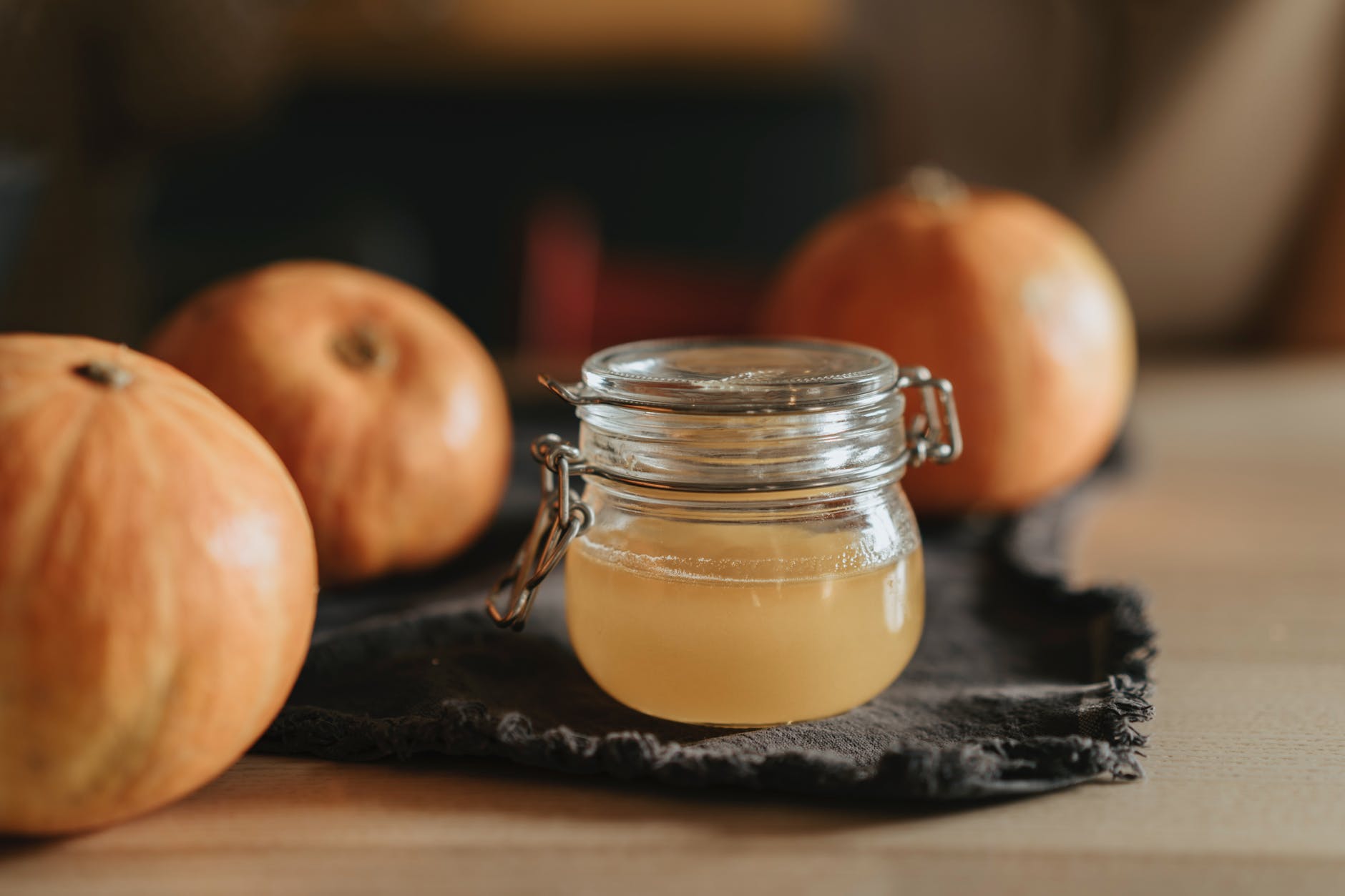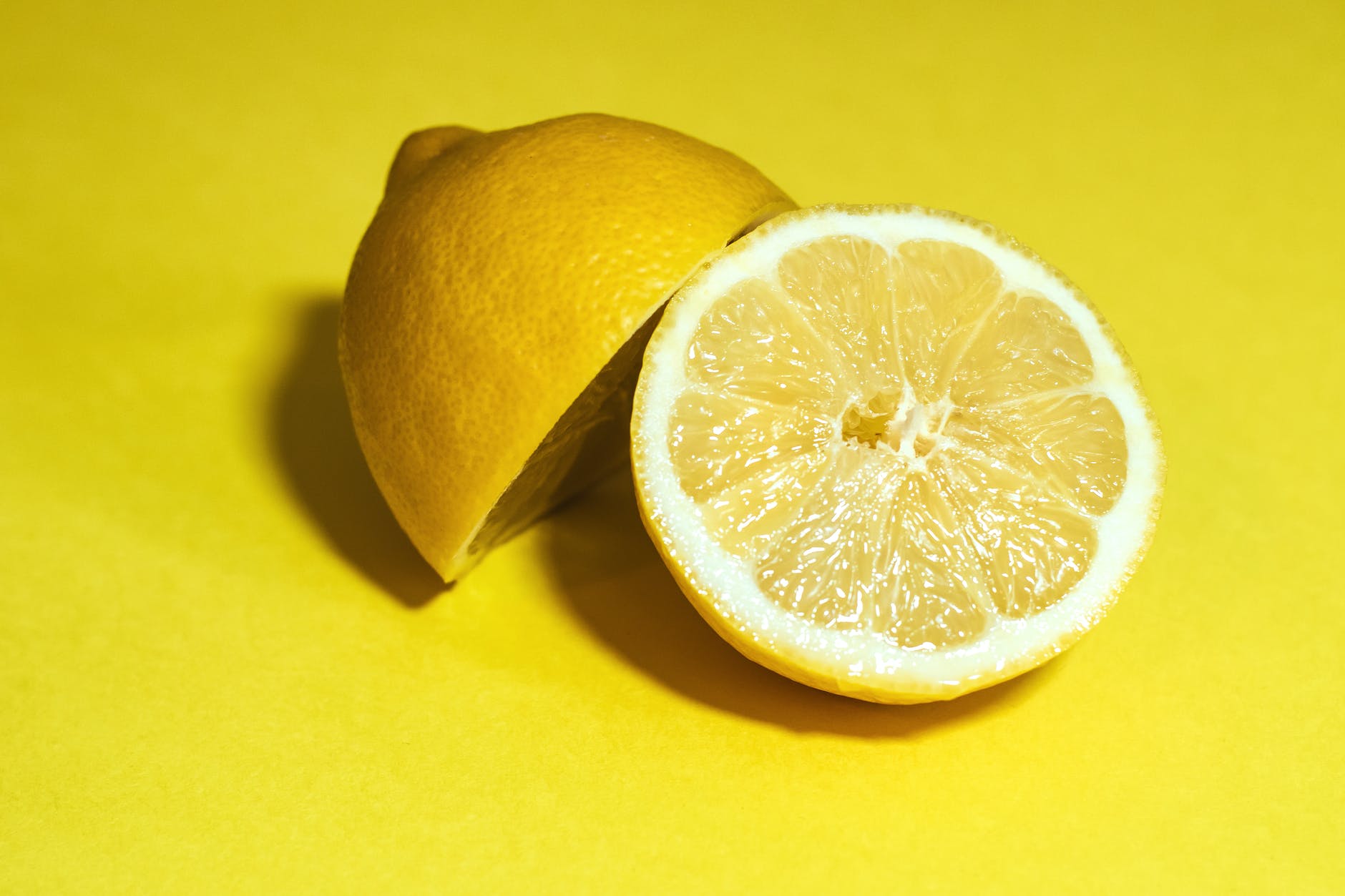
Apple cider vinegar (ACV) is a versatile home remedy that has been used for centuries. Made from fermented apple juice, ACV is rich in acetic acid and beneficial enzymes. Its potential health benefits are vast, ranging from aiding digestion to boosting immunity and improving skin health. In this comprehensive guide, we’ll delve into the various ways ACV can be used to address a wide array of health concerns, from sore throats to diabetes.
🍏 Apple Cider Vinegar for Sore Throat
A sore throat can be a sign of a cold, flu, or other viral infection. ACV’s antibacterial properties can help fight off the infection, while its acidity can help break down mucus and alleviate pain. Here’s how you can use ACV for a sore throat:
- Gargling Solution: Mix one tablespoon of ACV with one cup of warm water. Gargle with this solution every hour to soothe your throat and kill bacteria.
- ACV Tea: Add one tablespoon of ACV, a teaspoon of honey, and a squeeze of lemon to a cup of warm water. Drink this concoction twice a day for relief.
Remember, if your sore throat persists for more than a week, seek medical attention.
💔 Apple Cider Vinegar for Heartburn and Acid Reflux
Heartburn and acid reflux occur when stomach acid backs up into the esophagus, causing discomfort and a burning sensation. ACV can help by neutralizing stomach acid and improving digestion. Here’s how to use ACV for heartburn and acid reflux:
- Pre-Meal Drink: Mix one to two tablespoons of ACV with a glass of water and drink it 30 minutes before your meal. This can help prevent heartburn and acid reflux by improving digestion and balancing your stomach’s pH.
- ACV Salad Dressing: Incorporate ACV into your meals by using it as a salad dressing. This can help you consume ACV regularly and keep heartburn at bay.
☀️ Apple Cider Vinegar for Sunburn
Sunburn can be painful and damaging to the skin. ACV’s anti-inflammatory properties can help soothe sunburned skin and promote healing. Here’s how to use ACV for sunburn:
- ACV Spray: Mix equal parts of ACV and water in a spray bottle. Spray this mixture on the sunburned area for instant relief. Remember to moisturize your skin after using this spray as ACV can be drying.
- ACV Bath: Add a cup of ACV to your bath water and soak in it for about 10 minutes. This can help soothe your entire body if you have widespread sunburn.
🦠 Apple Cider Vinegar for UTI
Urinary tract infections (UTIs) are often caused by bacteria. ACV’s antibacterial properties can help fight off these infections. Here’s how to use ACV for UTIs:
- ACV Drink: Mix two tablespoons of ACV in a glass of water and drink twice a day. This can help kill the bacteria causing the UTI and prevent it from spreading.
- ACV Bath: Add two cups of ACV to your bath water and soak for 15 minutes. This can help soothe UTI symptoms.
Remember, severe or recurring UTIs require medical attention. While ACV can help manage symptoms, it should not replace antibiotics or other prescribed treatments.
🎈 Apple Cider Vinegar for Bloating
Bloating can be uncomfortable and sometimes painful. It can be caused by various factors, including overeating, eating too quickly, or consuming certain foods. ACV can help alleviate bloating by stimulating digestion and reducing gas. Here’s how to use ACV for bloating:
- ACV Drink: Mix one to two tablespoons of ACV in a glass of water and drink before meals. This can help stimulate digestion and prevent bloating.
- ACV Salad Dressing: Using ACV as a salad dressing can also help prevent bloating by improving digestion.
🌿 Apple Cider Vinegar for Eczema
Eczema is a skin condition characterized by itchy, red, and dry skin. ACV’s antibacterial and antifungal properties can help fight off the skin infections often associated with eczema. Here’s how to use ACV for eczema:
- ACV Spray: Mix equal parts of ACV and water in a spray bottle. Spray this mixture on the affected area to balance the skin’s pH and promote healing.
- ACV Bath: Add two cups of ACV to your bath water and soak for 15 minutes. This can help soothe your entire body if you have widespread eczema.
Remember, always do a patch test before applying ACV to your skin as it can cause irritation in some people.
🦶 Apple Cider Vinegar for Gout, Toenail Fungus, and Ringworm
Gout, toenail fungus, and ringworm are all conditions that can benefit from ACV’s antifungal and anti-inflammatory properties. Here’s how to use ACV for these conditions:
- ACV Soak: For gout, soak the affected joint in a solution of warm water and ACV for about 20 minutes daily. For toenail fungus, soak the affected foot in a basin of warm water and half a cup of ACV for 30 minutes daily.
- ACV Application: For ringworm, apply a mixture of equal parts ACV and water to the affected area using a cotton ball. Repeat this several times a day until the infection clears.
🦠 Apple Cider Vinegar for Gut Health
ACV is a prebiotic, which means it feeds the good bacteria in your gut. This can help improve digestion, boost immunity, and promote overall gut health. Here’s how to use ACV for gut health:
- ACV Drink: Mix one to two tablespoons of ACV in a glass of water and drink before meals. This can help stimulate digestion and feed the good bacteria in your gut.
- ACV Salad Dressing: Incorporate ACV into your meals by using it as a salad dressing. This can help you consume ACV regularly and promote gut health.
🍔 Apple Cider Vinegar for Fatty Liver
Fatty liver disease is often associated with obesity and unhealthy eating habits. ACV can help promote weight loss and improve liver function, which can help combat this condition. Here’s how to use ACV for fatty liver:
- ACV Drink: Mix one to two tablespoons of ACV in a glass of water and drink before meals. This can help stimulate digestion, promote weight loss, and improve liver function.
- ACV Salad Dressing: Incorporate ACV into your meals by using it as a salad dressing. This can help you consume ACV regularly and promote liver health.
🩸 Apple Cider Vinegar for Diabetes
ACV can help lower blood sugar levels, which can be beneficial for people with diabetes. Here’s how to use ACV for diabetes:
- ACV Drink: Mix one to two tablespoons of ACV in a glass of water and drink before meals. This can help improve insulin sensitivity and reduce post-meal blood sugar spikes.
- ACV Salad Dressing: Incorporate ACV into your meals by using it as a salad dressing. This can help you consume ACV regularly and manage your blood sugar levels.
🎯 Conclusion
Apple cider vinegar is a versatile and natural remedy for various health issues. Its unique properties can help fight off infections, improve digestion, soothe skin conditions, and even help manage chronic diseases like diabetes. However, it’s important to remember that while ACV can aid in managing these conditions, it should not replace medical treatment. Always consult with a healthcare professional before starting any new health regimen.
❓ FAQs
Q: Can I consume apple cider vinegar straight? A: It’s not recommended to consume ACV straight as its acidity can harm your teeth and throat. Always dilute it with water before consuming.
Q: How much apple cider vinegar should I consume daily? A: It’s generally recommended to consume 1-2 tablespoons of ACV per day, diluted in water.
Q: Can apple cider vinegar interact with medications? A: Yes, ACV can interact with certain medications, including insulin and diuretics. Always consult with a healthcare professional before starting any new health regimen.
Q: Can apple cider vinegar cause side effects? A: Yes, consuming too much ACV can lead to side effects like tooth enamel erosion, throat burns, and digestive issues. Always consume it in moderation and diluted in water.













